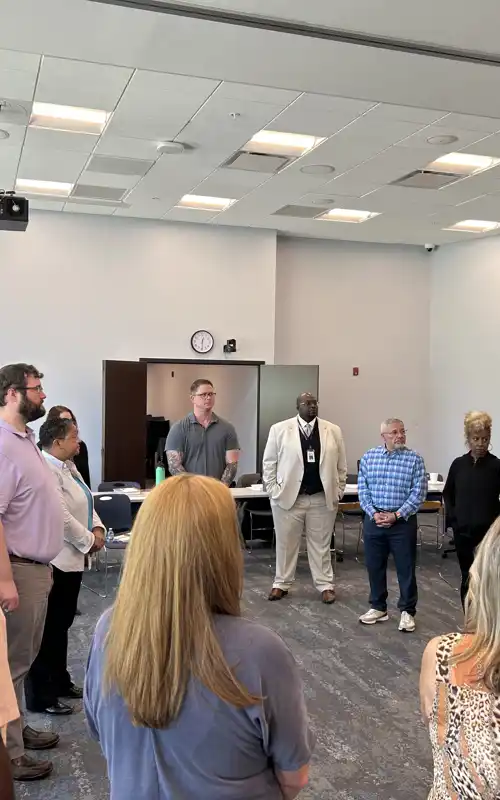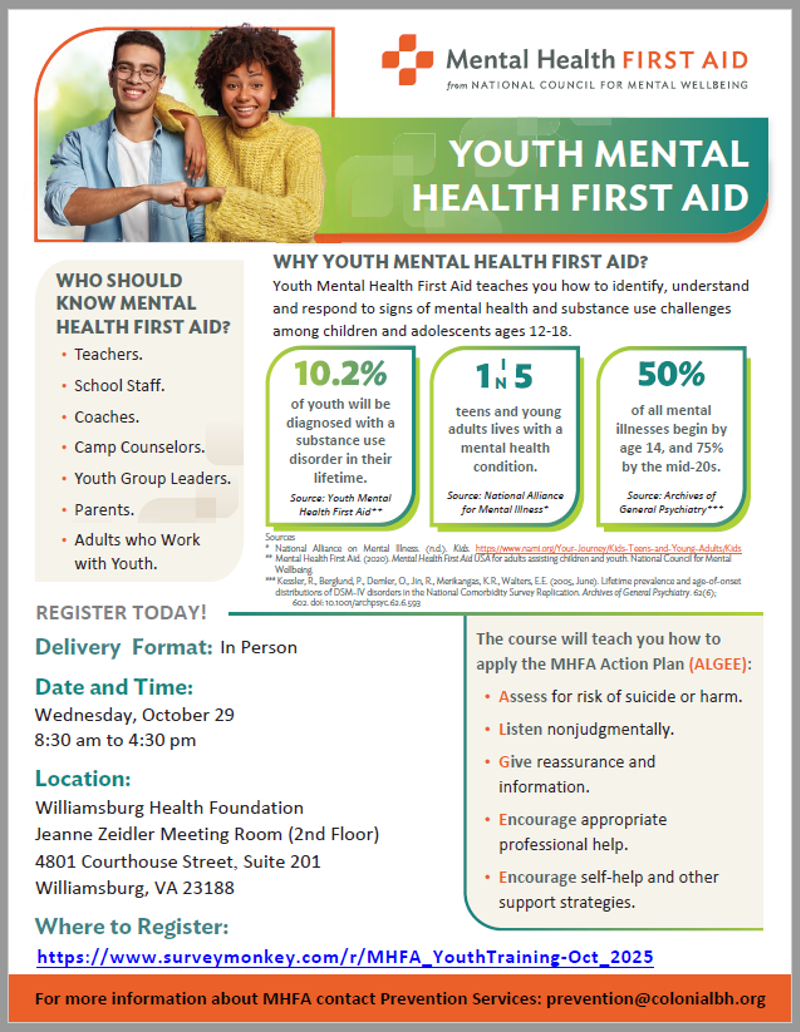Consent and Confidentiality Issues in Adolescent Care
10:00 AM Join us for a timely and practical training on one of the most challenging areas of adolescent care: consent and confidentiality. Dr. Laura K. Grubb will break down when minors can legally consent to medical, behavioral health, sexual health, and substance use services—and how exceptions like mature minor status, emancipation, and emergency care apply across HHS Region 3. We’ll also clarify what confidentiality truly means, where the limits are, and how to communicate effectively with caregivers while staying aligned with federal and state requirements. This session is designed for clinicians, behavioral health providers, and anyone navigating the complex legal and ethical landscape of adolescent health.









